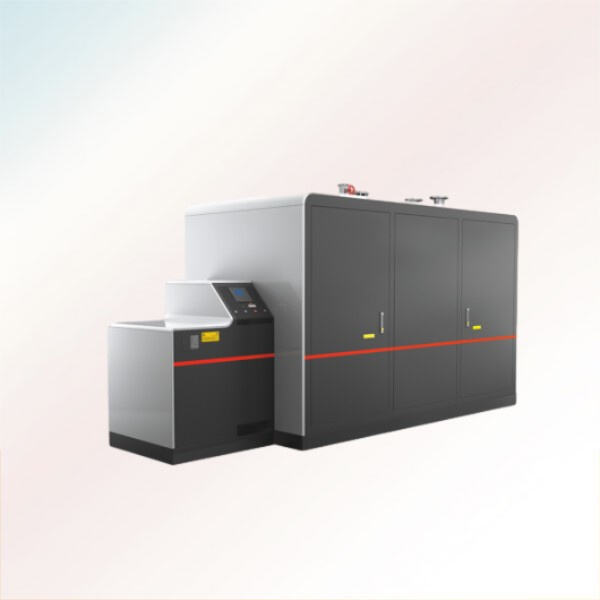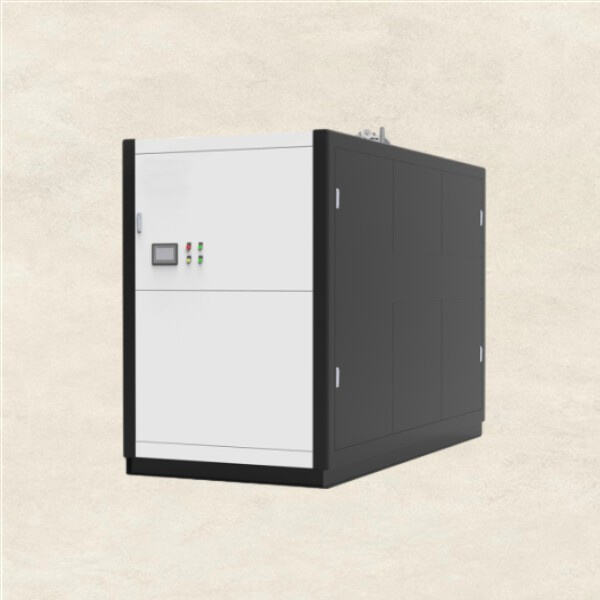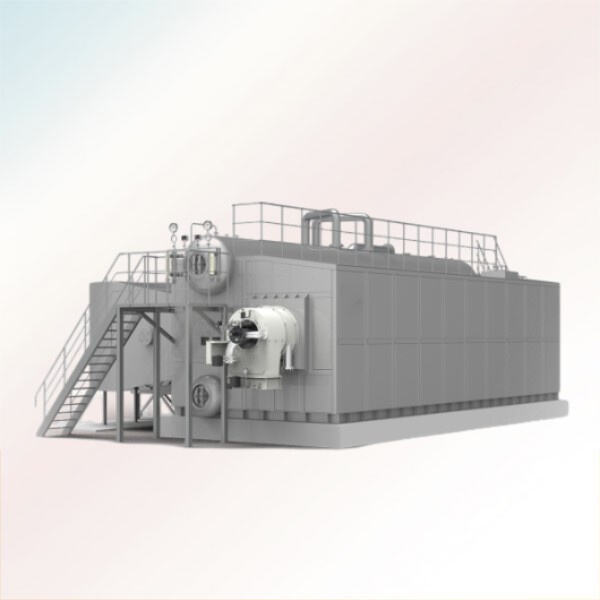While oil central heating boilers play a crucial role in heating our homes in the chilly winter months. The boilers typically work by burning oil to heat water, which is then piped throughout the home to provide warmth. Knowing how oil central heating boilers work will help us to take appropriate care of them and to make sure that they work efficiently.
There are many advantages to upgrading to a new oil central heating boiler. New boilers are highly fuel efficient, so your home will use less oil to heat. This can potentially help save you money on your heating bills over time. They also emit less, a boon for the environment. A new boiler can help you to be more comfortable in your home, healthier and save you money so you can put those into other projects full potential to help keep you and your neighbors warm.

Regular Maintenance To keep your oil central heating boiler functioning properly, there should be routine inspections. This could involve checking and cleaning the burner, checking the fuel filter, and making sure that the thermostat is functioning. You should also have your boiler professionally serviced every year to ensure everything is running smoothly. Ensuring your boiler is maintained is important to keeping it running properly, for long-term use free of repair.

If you are thinking of replacing your old oil heating system with a new oil central heating boiler there are many reasons why you would need to decide on what make and model of boiler to install in your home. Consider the square footage of your home and the number of rooms you need to heat. You’ll also need to think about the efficiency of the boiler and whether there are any other features that matter to you. You may want to speak with an expert to help you determine which boiler is right for your individual needs.

Oil boiler problems Although oil central heating boilers are known for their reliability, it’s not uncommon to experience some hiccups along the way. A leak in the oil tank or supply line is a typical problem, and can be a significant cause of heat loss in the home. A second thing to look for is buildup of soot or carbon in the boiler, which can reduce its efficiency. By spotting these problems and fixing them early, you can help your boiler maintain its efficiency.
With over 20 years of industry leadership and more than 30 independent intellectual property rights, we have delivered integrated energy solutions to over 200 top-tier clients, including Fortune 500 companies, maintaining a 100% project acceptance rate.
As one of the few manufacturers in China holding the national Class A boiler license and internationally recognized ASME and CE/MD certifications, our products meet the strictest safety and performance standards for worldwide applications.
Our team of engineers and technical experts provides full-lifecycle support—from R&D and design to intelligent operation, maintenance, and retrofit—offering seamless one-stop solutions for large-scale EPC and BOT projects.
Operating from a self-built 106,700-square-meter plant with an annual capacity of 40,000 steam tons, we utilize world-class equipment—including Italian plate rolling machines and German CNC systems—to ensure precision, scale, and quality in every project.